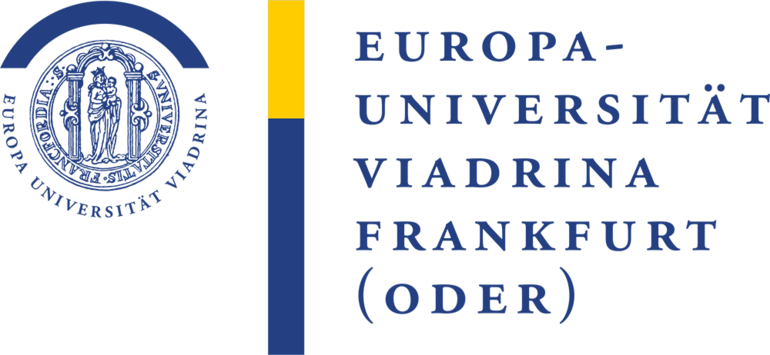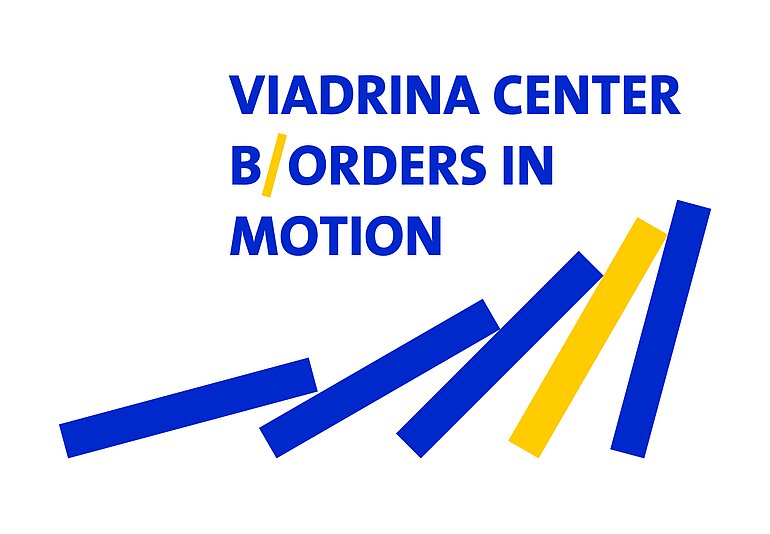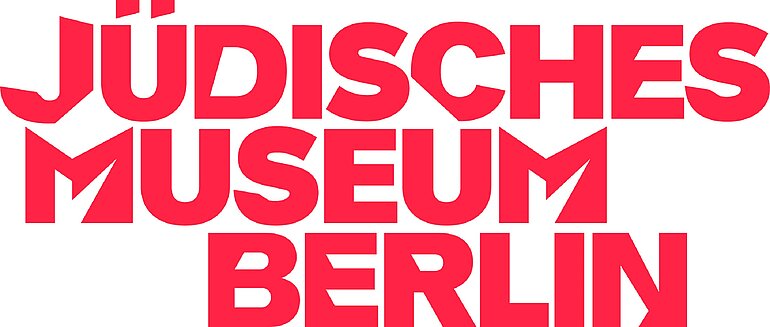Jews along the Silk Road: Migration Routes, Entangled Spaces, and In-between Positions
Fromet-und-Moses-Mendelssohn-Platz 1, 10969 Berlin
Jews along the Silk Road: Migration Routes, Entangled Spaces, and In-between Positions
Fromet-und-Moses-Mendelssohn-Platz 1, 10969 Berlin
How do Jews live between Baku and Berlin, between Tashkent and Tehran, Dushanbe and Tel Aviv? How did their experiences of living together with Muslim, Christian and secularised majority and minority populations shape Jewish biographies and identities? A majority of Jews living in Germany and Europe today come from areas of the former Soviet Union. Most migrated from European parts such as Belarus, Ukraine or Russia, but some came from the southern and eastern republics in the Caucasus and Central Asia - areas that lie on the routes of the historic and new Silk Road.
During the three-day international conference, we would like to approach the little-known stories of flight, deportation and migration between Europe and Asia, the experiences of neighbourhood and religious everyday practices of (post-)Soviet Jews from the Caucasus and Central Asia. The focus is on social and cultural in-between spaces, places of encounters and interconnections, as well as in-between positions of people who live as minorities and migrants in multi-ethnic and multi-religious societies.
How are these experiences and biographies shaped by Soviet Orientalism and colonialism, anti-Semitism and racism, and how do they relate to Jewish experiences in Iran, Turkey, Morocco or India? We turn our attention to the memories and experiences of living together in the Soviet and Global South and ask how these stories change the narratives of Jewish and post-migrant life in Germany and Europe in the 21st century.
Download
Sunday, October 10
2 pm | Welcome and Introduction
- Hetty Berg (Director of the Jewish Museum Berlin)
- Alina Gromova (Jewish Museum Berlin)
- Tsypylma Darieva (Center for East European and International Studies (ZOiS), Berlin)
- Darja Klingenberg (Viadrina European University in Frankfurt Oder)
2.30 pm | Keynote (English)
- Atina Grossmann (The Cooper Union for the Advancement of Science and Art, New York): Globalizing Holocaust Memory. Survival, Flight and Evacuation in Soviet Central Asia and Other Colonial Spaces
- In conversation with Alina Gromova (Jewish Museum Berlin) and Darja Klingenberg (Viadrina European University in Frankfurt Oder)
3.30 Uhr | Coffee Break
4 pm | Panel 1: Routes and Encounters Along the Silk Road (English)
- Ariane Sadjed (Austrian Academy of Science, Vienna): Before the Nation: Connections and Divergences among Persianate Jews
- Zeev Levin (Ben Zvi Institute for the Study of Jewish Communities in the East, Jerusalem): Religious, National or Cultural? Transforming Frameworks of Jewish Education in Central Asia
- Thomas Loy (Oriental Institute of the Czech Academy of Sciences, Prague): Bukharan Jews in Europe Lifeworld and Memory far from the Silk Roads
- Boris Chukhovich (Observatory of Central Asian Cultural Heritage, Montreal):Jewish Architects in Soviet Uzbekistan: Between Radical Modernism and a Regional Approach (1960s – 1980s)
- Chair: Jesko Schmoller (Humboldt-Universität zu Berlin and Perm State University)
6 pm | Lecture Performance
Ina Holev (Heinrich-Heine-Universität Düsseldorf and Jüdisch und Intersektional – Initiative für kritische Bildungsarbeit) und Miriam Yosef (Justus-Liebig-Universität Gießen and Jüdisch und Intersektional – Initiative für kritische Bildungsarbeit): Doppelte Verflechtungen – eine Auseinandersetzung mit innerjüdischen Verbindungen und Differenzen / Double Entanglements – Dealing with Intra-Jewish Connections and Differences
6.30 pm | Reception
Monday, October 11
2 pm | Panel 2: Shared Neigbourhoods (English)
- Narciss M.Sohrabi (Paris Nanterre University): Representation of Jewish Neighborhoods in Tehran during 20th Century
- Florian Mühlfried (Ilia State University, Tbilisi): Jewish-Christian Conviviality in the Racha Province of Georgia
- Natalie Belsky (University of Minnesota Duluth): From Nightgowns to Prayerbooks: the Role of Material Culture in Negotiating Relations on the Soviet Home Front
- Chair: Alina Gromova (Jewish Museum Berlin)
4 pm | Coffee Break
4.30 pm | Panel 3: In-Between Positions. Jewish and Other Biographies (German)
- Valerij Gretchko (Tokyo University): Die Familie Baazov und die Transformation des georgischen Judentums im 20. Jahrhundert
- Miriam Goldmann (Jewish Museum Berlin): Familie Kahan: Ölhandel, Verbindungen zw. Azerbaijan und Deutschland, Leben einer orthodoxen jüdischen Familie in Baku
- Alexander Kartosia (Tbilisi State University): Fremd- und Selbstbezeichnungen und -wahrnehmungen der georgischen Juden im ersten Drittel des 20. Jahrhunderts: Gerzel Baazovs Judenbilder
6 pm | Coffee Break
6.30 pm | pm Exploring Diverse Diasporas – Presentation of Research Projects by Students of Viadrina European University in Frankfurt Oder
Tamar Lewinsky and Theresia Ziehe (Jewish Museum Berlin) and students of Viadrina European University in Frankfurt Oder: Jewish Migration to Germany after 1945 (in German)
Cooperation with the Jewish Museum Berlin, Object Days
Tuesday, October 12
1 pm | Panel Discussion: Jews from the Caucasus and Central Asia in Berlin and Vienna (German)
- Sevil Huseynova (Center for Independent Social Research (CISR), Berlin)
- Yuval Katz (Department of Religious Studies, University of Vienna)
- German Djanatliev (Direktorium des Zentralrates der Juden in Deutschland)
- Chair: Anastassia Pletoukhina (Independent Sociologist, Berlin)
2 pm | Panel 4: Migration Routes and Entangled Spaces (English)
- Karen Körber (Institute for the History of the German Jews, Hamburg): “The Persian Carpet“. Iranian Jews and the German Economic Miracle
- Varvara Redmond (University of Warsaw): Digital Multinational Communities of the Mountain Jews
- Chen Bram (The Hebrew University of Jerusalem and Hadassah Academic College): Immigration and Intergroup Relations: Jewish-Muslim Relations in Central Eurasia, Israel, and U.S.
- Gabriele Anderl (Austrian Society for Exile Research): The Emergence of the Bukharian Community in Vienna an Unforeseen Outcome of the Jewish Emigration from the Soviet Union
- Chair: Tsypylma Darieva (ZOiS, Berlin)
3.30 pm | Coffee Break
4 pm | Panel 5: Shared Memories: Experiences of Exclusion and Inclusion (English)
- Yulia Oreshina (Georgian American University, Tbilisi): “26 Centuries of Friendship“: Georgian-Jewish Relations in Georgian Cultural and Communicative Memory
- Eliyana R. Adler (Penn State University): Memory of Migrations: Integrating Tales of Central Asia in Memorial Books
- Anna P. Ronell (Independent Scholar): Dina Rubina: Growing Up Jewish In Tashkent
- Chair: Irina Bondas (Independent Lecturer and Interpreter)
5.30 pm | Final Remarks
6 pm | Coffee Break
7 pm | ZOiS Forum. 30 Years of Post-Soviet Migration in Germany A Life Between Worlds (in German)
- Author Event with Olga Grjasnowa (Berlin)
- Discussant: Britta Schneider (Viadrina European University in Frankfurt Oder)
- Chair: Tsypylma Darieva (ZOIS, Berlin)
8.30 pm | Reception
9.30 pm | End of the conference
In Cooperation with


